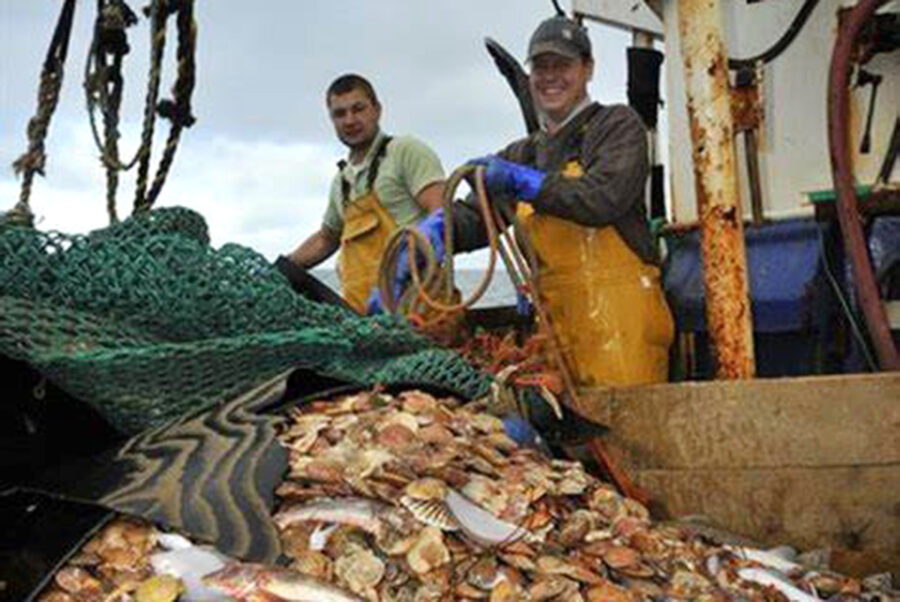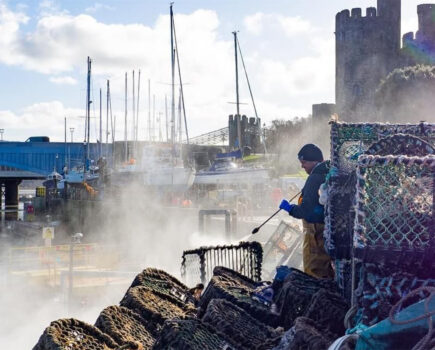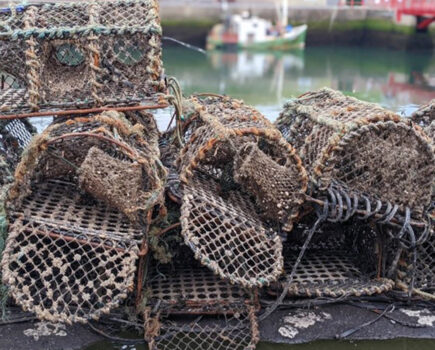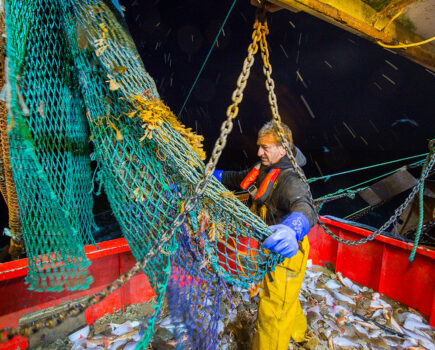Defra hosted an online meeting recently to discuss the development of the next five English-led Fisheries Management Plans (FMPs), which will be published in the new year.
FMPs are required under the Fisheries Act that was signed into law in 2020 as the UK came out of the CFP. The Joint Fisheries Statement by the four UK administrations subsequently agreed a total of 43 separate FMPs that will be developed and implemented by the end of 2025.
To date, it is England that has led the process, with six ‘fast-track’ FMPs currently under consideration: scallop, non-quota Channel demersal species, crab and lobster, whelk, Channel flatfish and, shared with the Welsh government, bass.
The Scottish government and the devolved administration in Northern Ireland have yet to confirm a timetable for the development of the FMPs under their control.
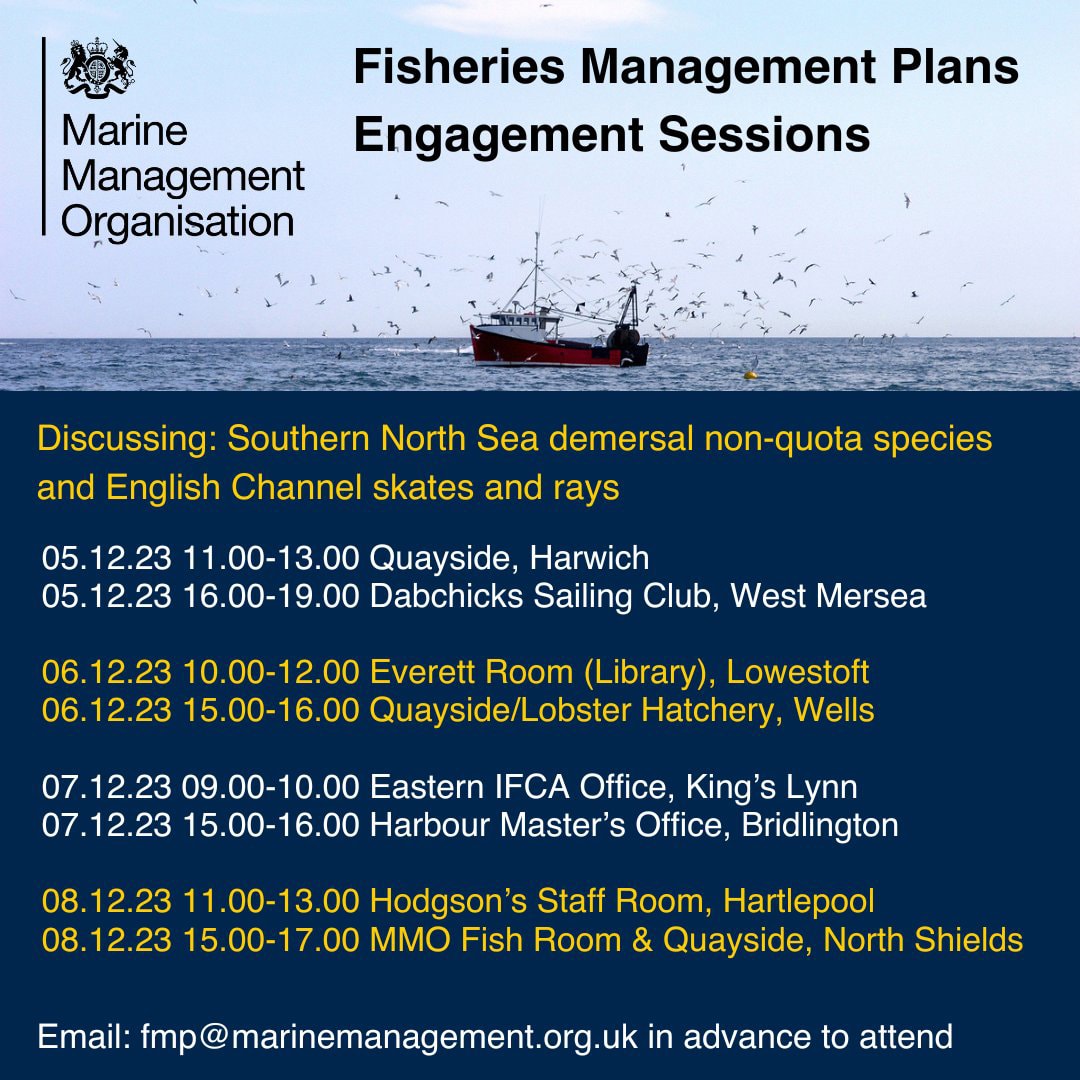
Around 60 NGOs, angling groups and commercial fishing interests dialed in for the meeting, although a number expressed frustration at the set-up. NFFO chair Paul Gilson said: “I was able to hear what was going on, but I couldn’t see who else was there, and I couldn’t raise my hand to be able to ask questions, which was frustrating.”
Wash fisherman Wayne Brewster did get through, but technical glitches meant that no one was able to hear the questions he was intending to ask about the development of the English cockle FMP.
The meeting ran through the next five English FMPs: cockles, North Sea/Channel sprats, southern North Sea skate and rays, southern North Sea non-quota demersal species, and English queen scallops. As with the fast-track plans, Defra has devolved responsibility for their development to partners that include the Association of IFCAs (cockles) and the MMO, along with the involvement of Cefas scientists.
However, other than inviting participants to make suggestions that could be adopted into
the drafting of the FMPs, and providing the contact details to do this, little detail was forthcoming during the five short presentations.
Paul Gilson told FN: “We had had the opportunity to discuss some of this in a face to face meeting with Defra in Whitstable the week before, one of several face to face meetings they’d organised. This is always good to see, and always good to be able to pass on first-hand fishermen’s actual experiences.
“We’ve real doubts, though, about what the FMPs as envisaged will achieve. We were able to explain to officials in Whitstable the decline we’ve seen in ray and skate numbers over the last five years, from what had been a booming population. This is entirely due to seal predation, which we are witnessing growing every year. We’re told that this season we can expect another 4,500 seal pups to be born in the southern North Sea, and this is a problem that will only grow worse.
“It’s also odd seeing something like a cockle FMP planned. There are four distinct and different cockle fisheries in English waters, managed by four different IFCAs. Some of these are really contentious and a cause of real concern, but we can’t see how lumping them together in a single ‘plan’ is going to help improve matters.
“It is good, of course, to see officials out and about and trying to listen to working fishermen, and we can only encourage fishermen to turn up to the local meetings planned for December, but what these actual FMPs will achieve, I struggle to see. Whilst for fisheries like scallops, there’s data, and full involvement of the industry and scientists, many of the FMPs are for fisheries that really only exist on paper.”
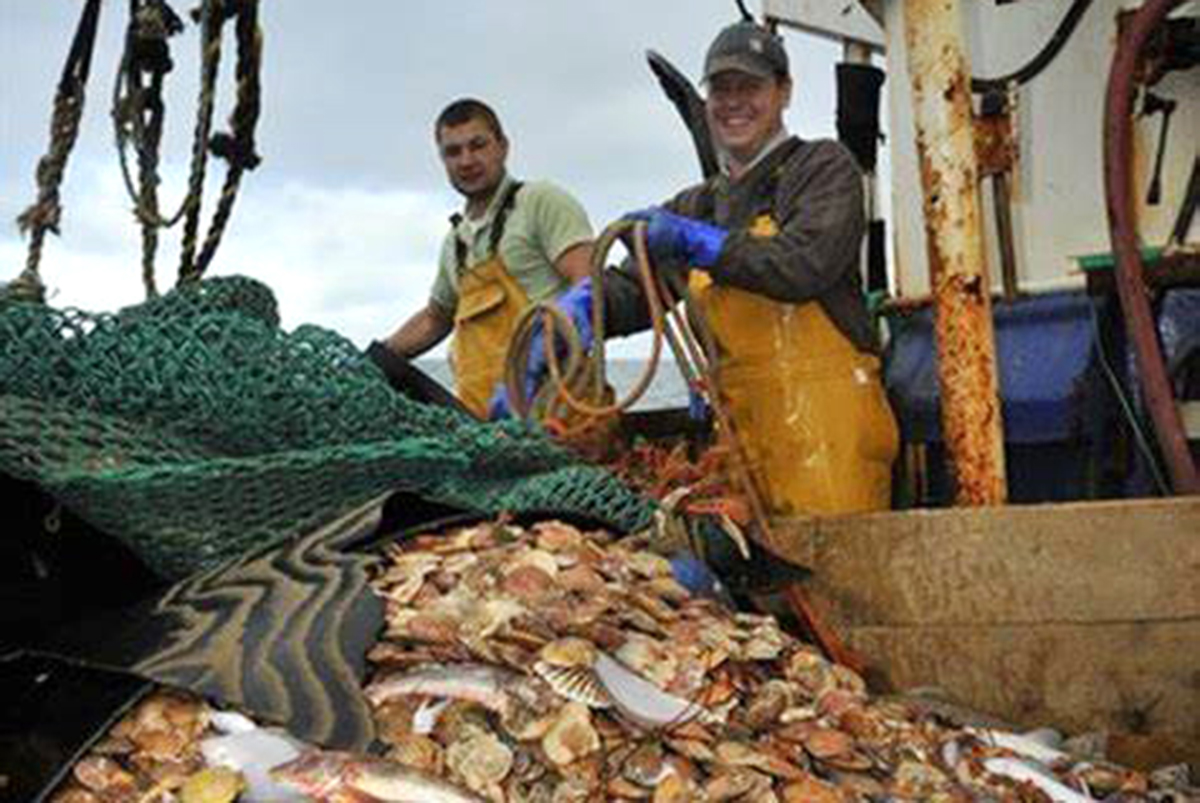
The ‘English’ queen scallop fishery is a stark example of how the FMP process may fall short of the lofty management ambitions the government seems to have for them. How, for example, to manage ‘English’ queen scallops in the Irish Sea, where vessels may, in a single trip, also catch queenies under the management of the Scottish, Welsh, Northern Irish, Republic of Ireland or Manx administrations? When questioned at the online meeting, a Defra spokesperson said that whilst there had in the past been attempts to look at UK-wide measures for queen scallops, Defra ‘can only commit to delivering an English FMP’ until other UK administrations commit to management of the stock. (Photo: Simon Park)
NFFO chief executive Mike Cohen, who was also at the meeting, said afterwards: “There is the kernel of something good in FMPs – collaborative, iterative, data-driven management is something we have advocated for years. They give a route for diverging from the straitjacket of the CFP and taking a genuinely fresh look at the management of our fish stocks.
“However, shoehorning them into a timescale seemingly chosen to coincide with the expiry of the current parliament, rather than the size and complexity of the task, risks snatching defeat from the jaws of victory. If the government is serious about the aims described in the Fisheries Act and the Joint Fisheries Statement, it should think again.”
The Marine Directorate in Scotland appears to have started its process to develop an entire suite of FMPs, with an initial meeting with the industry to discuss this taking place last Thursday (23 November), as FN went to press. However, while it was to be attended by a number of representatives from the catching sector, little of substance was made public about the content of the meeting.
This story was taken from the latest issue of Fishing News. For more up-to-date and in-depth reports on the UK and Irish commercial fishing sector, subscribe to Fishing News here or buy the latest single issue for just £3.30 here.
Sign up to Fishing News’ FREE e-newsletter here.

